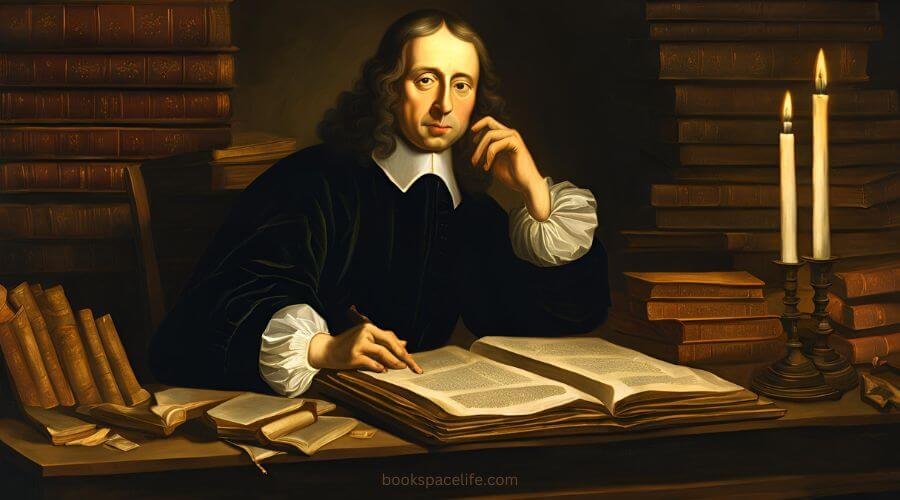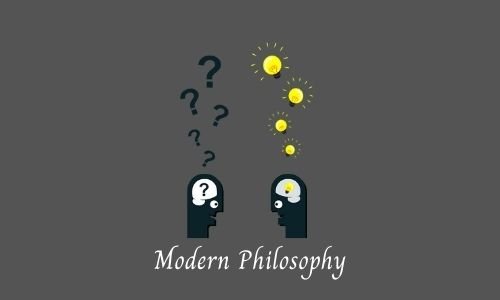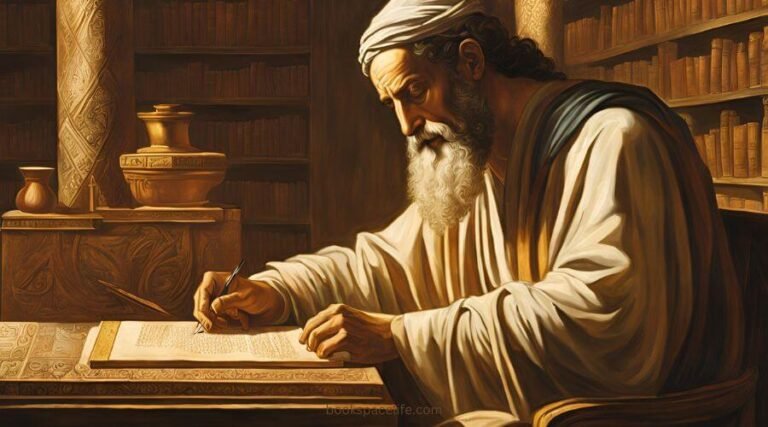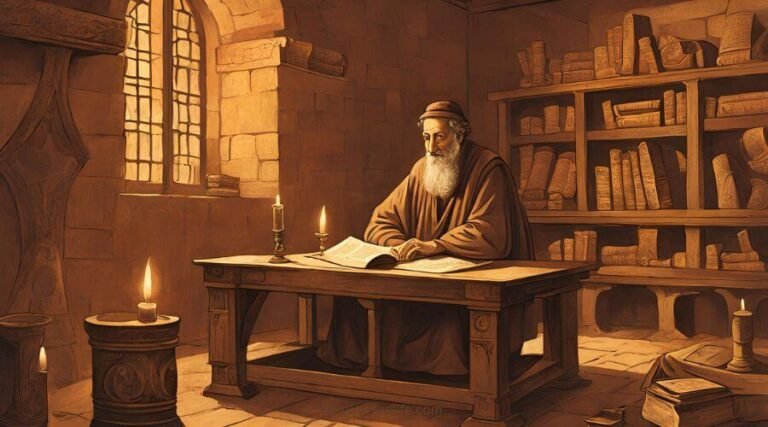Blaise Pascal
Blaise Pascal : Faith, Reason, and the Philosopher’s Wager
Blaise Pascal (1623–1662 CE) was a French philosopher, mathematician, and Christian apologist whose contributions spanned various fields, from geometry to theology.
Blaise Pascal is known for his innovative ideas in probability theory and his famous philosophical work, Pensées. He sought to reconcile faith with reason.
His famous “Pascal’s Wager” remains one of the most debated arguments in philosophy of religion, and his reflections on the human condition influenced existentialist and modern Christian thought.
Despite his short life, Pascal’s intellect and spirituality left a profound impact on Western philosophy, science, and theology.
Table of Contents
(1) Early Life and Education
Blaise Pascal was born on June 19, 1623, in Clermont-Ferrand, France, into a well-to-do family. His father, Étienne Pascal, was a respected mathematician and tax collector, and his mother, Antoinette Begon, died when Blaise was only three.
Pascal’s father decided to raise his children himself, particularly focusing on Blaise, who showed signs of brilliance from an early age.
To foster Blaise’s education, the family moved to Paris when he was eight, where his father meticulously controlled his son’s education, especially steering him away from mathematics until he was older, fearing it might be too distracting.
Pascal’s natural inclination toward learning quickly became evident.
Although his father avoided introducing him to mathematics too early, Pascal discovered geometry independently, formulating his own theories on geometric shapes.
By the age of sixteen, he had already published his first significant work, Essai pour les coniques (Essay on Conics), in which he developed the “mystic hexagon” theorem.
This work attracted the attention of leading scholars, and it marked Pascal as one of the most promising mathematicians of his generation.
(2) Scientific Contributions and Travels
Pascal’s early twenties were marked by groundbreaking work in physics and mathematics, as well as family responsibilities.
In 1642, he invented the Pascaline, an early mechanical calculator, to assist his father in his work as a tax collector.
The device, capable of performing addition and subtraction, was one of the earliest examples of mechanical computing and showcased Pascal’s talent for both invention and practicality.
Pascal also contributed to physics, particularly in his studies on fluid mechanics and the concept of pressure.
His work in this area eventually led to Pascal’s Principle, which states that a change in pressure applied to an enclosed fluid is transmitted undiminished throughout the fluid.
His experiments in hydraulics and atmospheric pressure influenced the development of fields like thermodynamics, and the unit of pressure, the Pascal (Pa), is named in his honor.
During his lifetime, Pascal traveled extensively for both scientific collaborations and health reasons.
Chronic illness plagued him, particularly migraines and gastrointestinal issues, but this did not deter his intellectual pursuits.
He engaged in scientific correspondence and debates with prominent thinkers, including René Descartes, and his encounters and discussions expanded his worldview, leading to the development of his own philosophical reflections.
(3) Conversion and Religious Awakening
A pivotal point in Pascal’s life came in 1654 when he experienced a profound religious awakening, which he referred to as his “Night of Fire.”
He documented this mystical experience on a piece of paper, often called the Memorial, which he sewed into his coat and kept with him for the rest of his life.
This event ignited in him a deep devotion to God, aligning him with the Jansenist movement—a reformist group within Catholicism known for its rigorous theology and emphasis on human sinfulness and divine grace.
After his conversion, Pascal withdrew from the secular world, dedicating himself to theological and philosophical writings.
He moved to the convent at Port-Royal, a center of Jansenist thought, where he engaged in theological study and spiritual practice.
His writing during this period reflects a dramatic shift toward Christian apologetics and a focus on the limitations of human reason, the need for divine grace, and the inevitability of death and judgment.
(4) Philosophical Writings and Pensées
Pascal’s masterpiece, Pensées (Thoughts), is a collection of fragments and reflections that he intended to publish as a comprehensive defense of the Christian faith.
Although he died before completing it, Pensées remains one of the most influential works in religious philosophy.
The text explores the paradoxes of human nature, the limits of reason, and the existential questions that confront humanity.
One of Pascal’s central arguments in Pensées is the concept of the “infinite abyss,” the inner void or longing within every person that only God can fill.
Pascal suggests that human beings are simultaneously great and wretched—great in their capacity for thought and reason but wretched in their mortality and moral weakness.
For Pascal, this paradox points to the necessity of faith; reason alone, he argues, cannot satisfy the soul’s ultimate longing for truth and meaning.
(i) Pascal’s Wager
Pascal’s Wager is perhaps his most famous philosophical contribution. In this argument, Pascal suggests that belief in God is a rational choice because the potential gains and losses are so asymmetrically weighted.
If God exists and one believes, the reward is eternal bliss; if God does not exist, the loss is minimal. However, if God does exist and one does not believe, the potential loss is infinite.
Pascal’s Wager is not a proof of God’s existence, nor is it an attempt to coerce belief; rather, it is a pragmatic argument aimed at persuading the skeptic to consider belief in God as the safer choice.
This reasoning has sparked centuries of debate among philosophers, theologians, and skeptics alike.
While some criticize it as a form of “betting” on faith, others appreciate it as a candid recognition of human uncertainty and the limitations of reason when it comes to divine matters.
(ii) Faith, Reason, and the Human Condition
A central theme in Pascal’s philosophy is the relationship between faith and reason. Unlike Descartes, who advocated a rationalistic approach to knowledge, Pascal emphasized the limitations of human reason.
He argued that reason is essential but insufficient when addressing questions of ultimate concern, such as life’s purpose and the existence of God.
Pascal’s famous line, “The heart has its reasons which reason does not know,” encapsulates his belief that faith involves an intuition and understanding that go beyond pure logic.
Pascal’s reflections on the human condition highlight the transient nature of life, the inevitability of suffering, and the paradoxes inherent in human existence.
He saw humans as both remarkable and flawed, capable of immense thought yet haunted by mortality and frailty.
His writings reflect a compassionate yet realistic view of human nature, emphasizing the necessity of humility before God.
(5) Influence and Legacy
Pascal’s ideas and writings have left an indelible mark on Christian philosophy, mathematics, and modern thought.
His contributions to probability theory laid the groundwork for statistics and decision theory, and his scientific investigations influenced later developments in physics.
However, it is his philosophical and theological reflections that have had the most enduring impact, especially within existentialist and Christian thought.
(i) Influence on Existentialism and Modern Christian Thought
Pascal’s exploration of the human condition prefigured existentialist themes that would later emerge in the writings of Søren Kierkegaard, Friedrich Nietzsche, and Jean-Paul Sartre.
Like these existentialists, Pascal examined human anxiety, uncertainty, and the search for meaning.
His emphasis on the limits of human reason and the need for personal faith resonated with Kierkegaard, who is often considered the “father” of existentialism.
Both thinkers saw faith as a personal leap that transcends rationality, an idea that has influenced existentialist philosophy and modern Christian thought.
In Christian theology, Pascal’s writings have been embraced by both Catholic and Protestant thinkers.
His understanding of human nature and divine grace aligns with Augustinian thought, emphasizing humanity’s need for redemption and God’s role in filling the “infinite abyss” within each person.
Pascal’s approach to Christian apologetics, which acknowledges human doubt and appeals to reason as a starting point for faith, has made him a respected figure among theologians who seek to engage skeptics and bridge faith with modern intellectual life.
(ii) Pascal’s Enduring Relevance
In the centuries since his death, Pascal has continued to inspire thinkers across disciplines. His work in probability and statistics remains foundational in modern economics, social sciences, and decision-making theory.
His philosophical reflections, particularly the idea of the “infinite abyss” and Pascal’s Wager, remain relevant in debates over the role of faith, the nature of belief, and the search for meaning.
In the twenty-first century, Pascal’s writings offer valuable insights for a world often caught between secularism and spirituality.
His acknowledgment of human uncertainty and his appeal to faith as a response to existential questions resonate with modern readers seeking authenticity and purpose in an age of doubt.
His writings encourage readers to confront the “wager” of life, to examine their beliefs, and to consider the possibility of a transcendent reality that gives meaning to human existence.
(6) Conclusion: Pascal’s Legacy of Faith and Intellect
Blaise Pascal’s life and work reflect a unique synthesis of faith, reason, and intellectual curiosity.
From his groundbreaking work in mathematics and physics to his profound reflections on the human soul, Pascal stands as a remarkable figure in both scientific and philosophical history.
His exploration of faith as a response to life’s uncertainties continues to inspire those who grapple with questions of belief, doubt, and meaning.
Pascal’s Wager challenges readers to confront their choices regarding faith, while his reflections on human nature encourage humility and openness to the possibility of a higher truth.
In a world still searching for answers to the mysteries of life, Blaise Pascal remains a guide, inviting us to consider that beyond reason lies faith—and in faith, perhaps, lies the ultimate fulfillment of the human.








